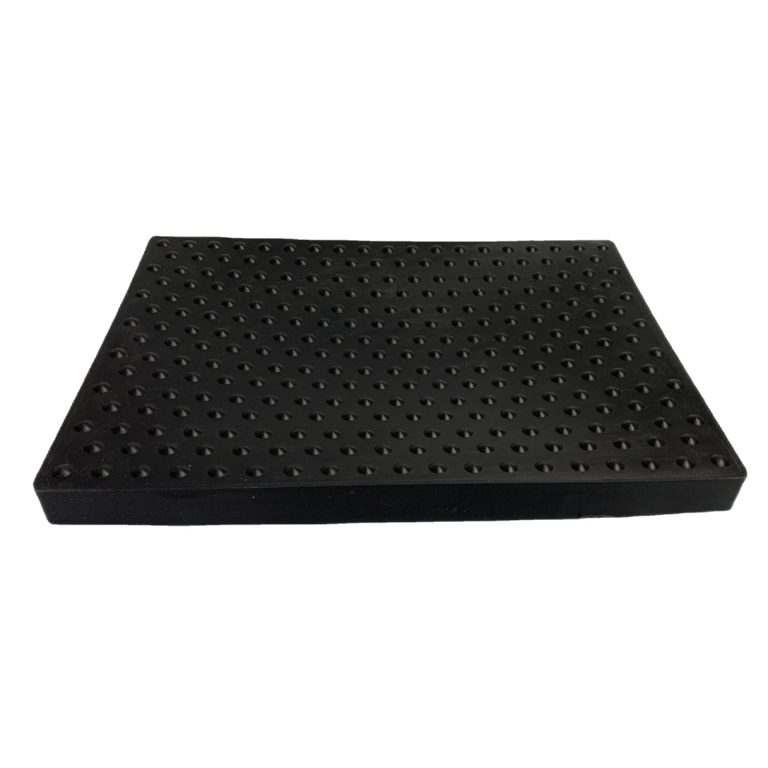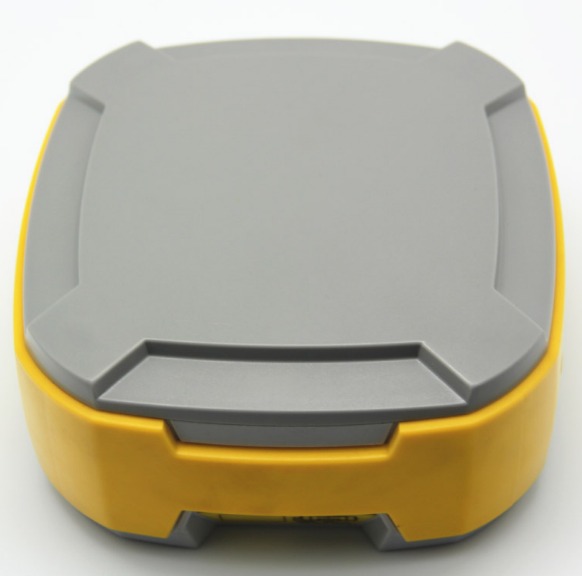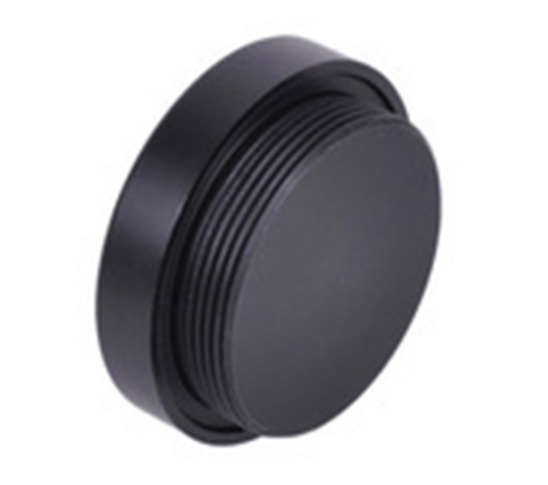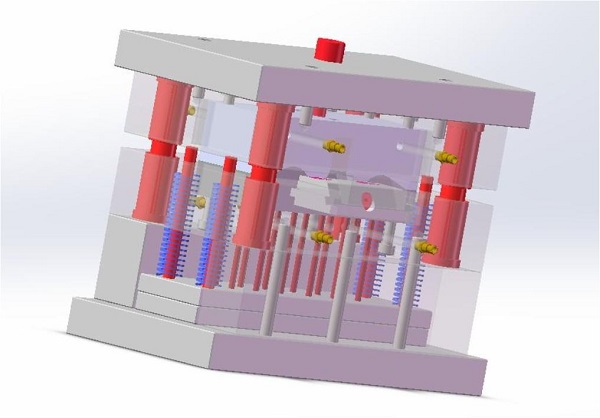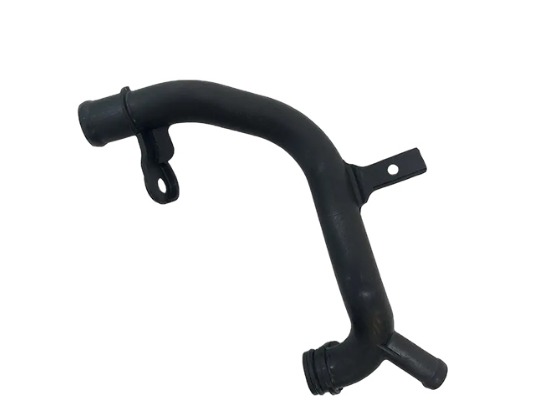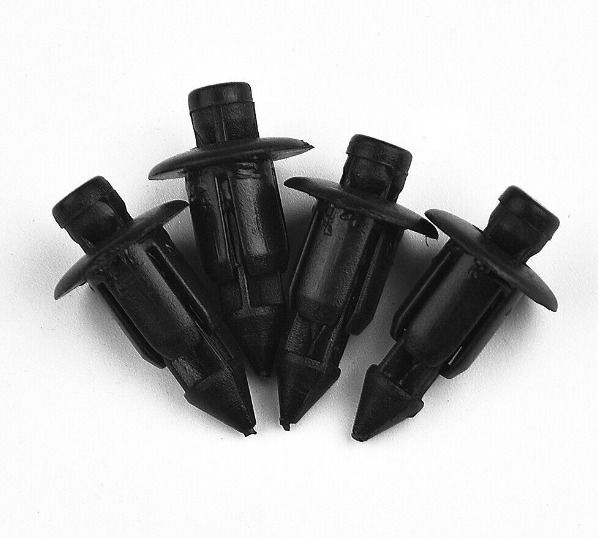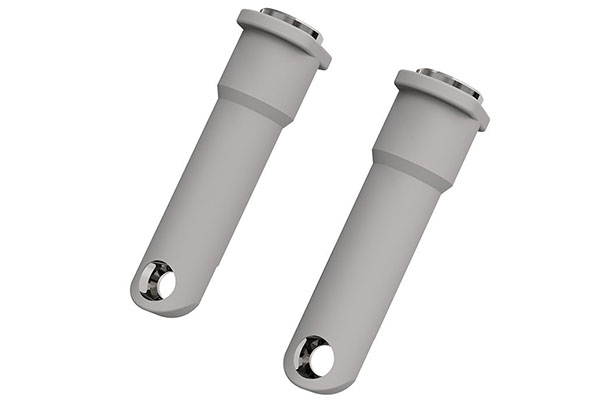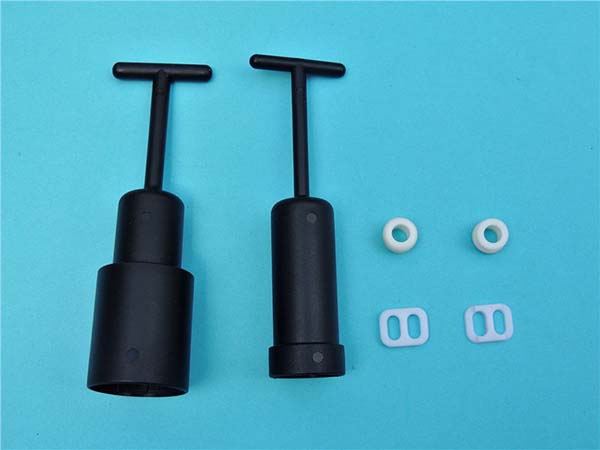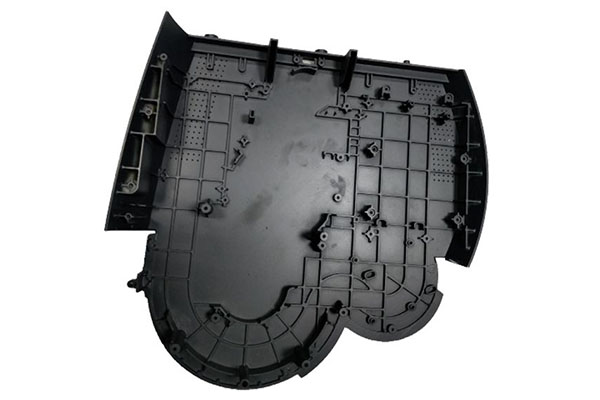Introduction
Understanding Plastic Injection Molding Service
Plastic injection molding service is a manufacturing process of high significance in the modern manufacturing industry. It involves injecting molten plastic material into a mold cavity. Once the plastic cools and solidifies within the mold, it takes on the precise shape of the cavity, resulting in the creation of a plastic part.
This process is widely used across numerous industries. In the automotive industry, it is used to produce various interior components such as dashboards, door panels, and seat trims. For example, a car manufacturer might use plastic injection molding to create thousands of identical dashboard components for a particular car model. In the consumer electronics sector, plastic injection molding is employed to make cases for smartphones, tablets, and laptops. A well - known electronics brand could rely on this service to produce sleek and durable phone cases in large quantities. Toys, household items, and medical devices are also commonly made through plastic injection molding.
The ability to produce a large number of parts with high precision and consistency makes plastic injection molding service a cornerstone of modern manufacturing. It bridges the gap between product design and mass production, enabling companies to bring their innovative ideas to the market efficiently. As we move forward, let's explore the multiple benefits that this service offers in more detail.
Comparison with Other Manufacturing Methods
Tabular Comparison
When considering manufacturing methods, it's essential to understand how plastic injection molding service stacks up against others. Here is a detailed comparison between plastic injection molding, CNC machining, and 3D printing in terms of cost, production speed, precision, and product complexity:
| Comparison Aspect | Plastic Injection Molding | CNC Machining | 3D Printing |
| Cost | High initial cost for mold production, but low per - unit cost for high - volume production. For example, a multi - cavity mold for a small plastic part might cost $50,000, but when producing millions of parts, the per - unit cost can be as low as a few cents. | Higher per - unit cost for large - volume production due to longer machining times per part. The cost of a CNC - machined plastic part for a medium - sized production run (1000 units) can be several dollars per part. | High cost per unit for large - scale production. However, for small - scale or one - off production, the cost can be reasonable. A 3D - printed plastic prototype might cost \(50 - \)200 depending on size and complexity. |
| Production Speed | Extremely fast for high - volume production. A modern injection molding machine can produce hundreds of parts per hour, especially with multi - cavity molds. | Slower for large - volume production as each part is machined individually. It may take several minutes to machine a single part, depending on its complexity. | Slow for large - volume production. A small 3D - printed part might take several hours to print, and scaling up production is time - consuming. |
| Precision | High precision, typically within ±0.05 - ±0.1mm, depending on the mold quality and material used. It can produce parts with tight tolerances for industries like automotive and medical. | Very high precision, often achieving tolerances of ±0.01 - ±0.001mm, suitable for high - precision components in aerospace and electronics. | Varies, with consumer - grade 3D printers having lower precision (±0.1 - ±0.4mm), while industrial - grade 3D printers can achieve better precision, around ±0.05mm, but still generally lower than CNC machining and injection molding for high - tolerance applications. |
| Product Complexity | Can produce complex shapes, but mold design complexity may increase costs. Intricate internal features and undercuts can be achieved with proper mold design, such as in the production of complex plastic connectors. | Limited in creating some complex internal structures without additional processes. It can produce complex external shapes, but creating hollow or highly complex internal geometries can be challenging. | Excellent for creating highly complex and intricate shapes, including complex internal structures and lattice designs, which are difficult or impossible to achieve with other methods, such as in the production of custom - designed jewelry or complex medical implants. |
This comparison clearly shows that plastic injection molding service is a top choice for high - volume production of parts with relatively high precision and complexity, especially when cost - effectiveness for large - scale production is a priority. Each manufacturing method has its own niche, and understanding these differences is crucial for making the right manufacturing decision for your product.
Real - World Applications and Success Stories
Applications in Different Industries
- Consumer Electronics: In the consumer electronics industry, plastic injection molding service is used to create a vast array of products. For smartphones, the outer casing, which must be both lightweight and durable, is often made through injection molding. Brands like Apple and Samsung rely on this process to produce millions of phone cases each year. Additionally, components such as buttons, speaker grilles, and battery covers are also injection - molded. For example, the buttons on a Samsung Galaxy phone are precisely molded to ensure a tactile and responsive feel for the user. In the case of laptops, the keyboard frames, touchpad covers, and outer shells are commonly made using plastic injection molding. A Dell laptop's sleek and sturdy outer shell is a result of this manufacturing process, which allows for high - volume production with consistent quality.
- Automotive: The automotive industry extensively uses plastic injection molding. Interior components like dashboards are not only aesthetically important but also need to meet safety and durability standards. Injection - molded dashboards can be designed with complex shapes to accommodate various instruments and controls. Door panels are another example; they are made using injection molding to provide a lightweight yet robust structure. They often incorporate features such as armrests, storage compartments, and speaker mounts. Exterior components like bumper covers are also commonly injection - molded. These parts need to be impact - resistant and able to withstand different weather conditions. For instance, a Toyota Camry's bumper cover is produced through injection molding, ensuring a perfect fit and consistent finish across all units of the model.
- Medical: In the medical field, plastic injection molding is crucial for manufacturing a wide range of devices. Syringes are a prime example; they are made with high - precision injection molding to ensure accurate dosing and safe use. The barrels, plungers, and needle hubs of syringes are all injection - molded components. Catheters, which are used for various medical procedures such as intravenous therapy and urinary drainage, are also produced through this process. They require a high level of precision and biocompatibility. For example, a cardiovascular catheter needs to be flexible yet strong enough to navigate through blood vessels, and injection molding allows for the production of catheters with the necessary mechanical properties and smooth surfaces to minimize damage to the body's tissues.
Success Stories
- Cost Reduction: A toy manufacturing company, let's call it ToyTech, was facing high production costs for their popular action figure line. The previous manufacturing method involved multiple manual assembly steps and high - cost materials. By switching to plastic injection molding service, they were able to design a multi - cavity mold. This allowed them to produce 100 action figures in a single injection cycle, compared to the previous method where only a few parts could be made at a time. The initial investment in the mold was high, but over the course of producing millions of action figures, the per - unit cost dropped by 40%. This cost reduction not only increased their profit margins but also allowed them to price their products more competitively in the market.
- Quality Improvement: MedTech, a medical device manufacturer, was struggling with the quality of their inhaler components. The parts produced using their old manufacturing process had inconsistent wall thicknesses and surface finishes, which affected the performance of the inhalers. After adopting plastic injection molding service, they worked closely with the mold designers to optimize the mold geometry. The new injection - molded components had a much higher precision, with wall thickness variations reduced from ±0.5mm to ±0.05mm. This improvement in quality led to a significant reduction in product recalls and an increase in customer satisfaction. It also allowed them to expand their market share as more healthcare providers trusted their products for their reliability.
Yigu Technology's Perspective
As a non - standard plastic metal products custom Supplier, Yigu Technology highly values plastic injection molding service. With years of experience in the industry, we understand the nuances of this manufacturing process.
Our expertise lies in our advanced technical capabilities. We have a team of skilled engineers who are proficient in mold design. They can create intricate molds that meet the most demanding requirements, ensuring high - precision plastic parts. For example, when dealing with complex geometries required by our clients in the aerospace and medical device industries, our engineers use state - of - the - art software to optimize mold designs, resulting in parts with tight tolerances.
In terms of service, we offer end - to - end solutions. From the initial product design consultation, where we provide valuable insights to our clients to help them refine their ideas, to the final production and delivery, we ensure a seamless process. We also offer after - sales support, including quality inspection and product improvement suggestions. Our commitment to quality and customer satisfaction has made us a reliable partner for businesses seeking high - quality plastic injection molding services.
FAQ
What are the typical costs associated with plastic injection molding service?
The costs of plastic injection molding service are composed of several parts. Mold cost is a significant upfront expense. A simple mold might cost a few thousand dollars, while a complex, multi - cavity mold for high - precision parts can cost hundreds of thousands of dollars. For example, a mold for a small, single - cavity consumer product could be around \(5,000 - \)10,000, while a multi - cavity mold for automotive components might be in the range of \(50,000 - \)200,000. Raw material cost depends on the type of plastic used. Commodity plastics like polyethylene (PE) and polypropylene (PP) are relatively inexpensive, usually costing around \(1 - \)3 per kilogram. Engineering plastics such as polycarbonate (PC) and acrylonitrile butadiene styrene (ABS) are more costly, ranging from \(3 - \)10 per kilogram. Processing cost includes machine operation, labor, and energy. It varies based on factors like production volume, machine type, and production time. Generally, the higher the production volume, the lower the per - unit processing cost. Other factors that can affect the cost are product complexity (more complex parts may require additional mold features and longer production cycles), surface finish requirements (special finishes like high - gloss or textured surfaces can add cost), and any secondary operations such as assembly, painting, or plating.
How long does it usually take to complete a plastic injection molding project?
The time to complete a plastic injection molding project is influenced by multiple factors. Mold design and manufacturing can be time - consuming. A simple mold may take 2 - 4 weeks to design and manufacture, while a complex, high - precision mold could take 8 - 12 weeks or even longer. For example, a mold for a basic plastic container might be ready in 3 weeks, but a mold for a complex medical device component with tight tolerances could take 10 weeks. Production quantity also matters. For a small production run of a few hundred parts, it might take a few days to a week to complete the injection molding process, assuming the molds are already available. However, for a large - scale production of hundreds of thousands or millions of parts, it could take several weeks to months. Product complexity plays a role too. Simple, small - sized parts with basic geometries can be produced quickly, with a high production rate. But complex parts with intricate features may require slower injection speeds, longer cooling times, and more quality checks, thus extending the overall production time. In general, from the start of the project (including mold design) to the delivery of a small - scale production order, it could take 4 - 8 weeks, while for a large - scale, complex project, it could take 12 - 20 weeks or more.
What quality control measures are in place for plastic injection molding?
There are several crucial quality control measures. Raw material inspection is the first step. Manufacturers test the incoming plastic pellets for properties such as melt flow index, density, and color consistency. For example, if the melt flow index of a particular plastic grade is outside the specified range, it could lead to issues like inconsistent part filling during injection molding. Process monitoring occurs during the injection molding process. Sensors are used to monitor parameters such as injection pressure, temperature, and cycle time. Deviations from the set parameters can be detected immediately, and adjustments can be made to prevent defective parts. For instance, if the injection pressure drops below the required level, it might result in incomplete parts, so the system can alert the operator to fix the issue. Finished product inspection involves visual inspection for surface defects like scratches, warping, or flash (excess plastic). Dimensional inspection is also carried out using tools like calipers, coordinate measuring machines (CMMs), to ensure that the parts meet the specified tolerances. In some cases, functional testing is done, especially for parts that need to perform specific functions, such as plastic connectors that must have proper electrical conductivity or medical devices that need to meet strict safety and performance standards.
